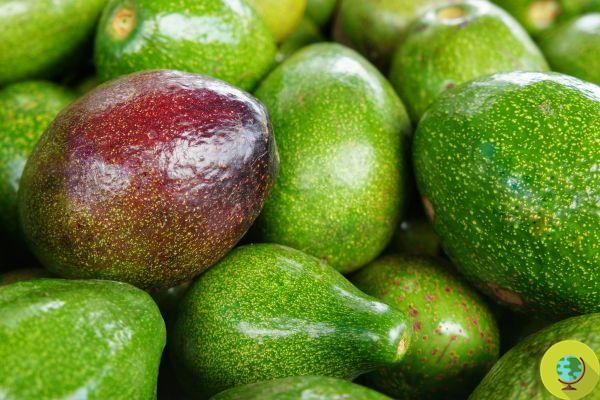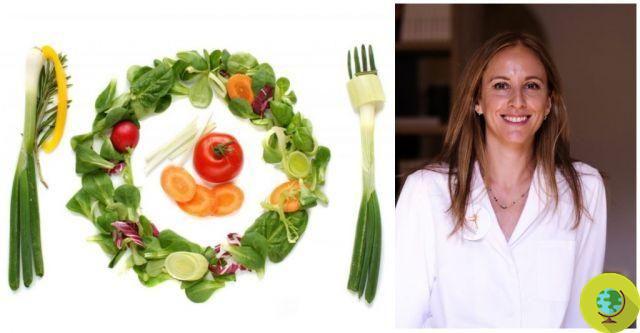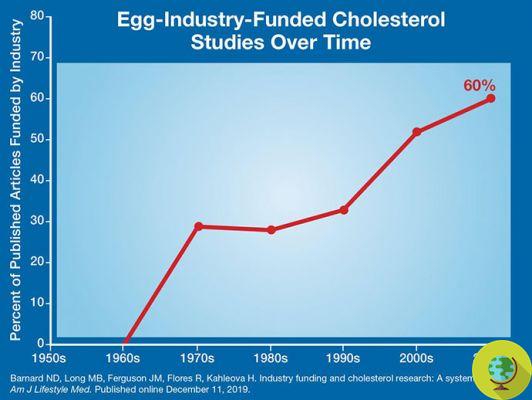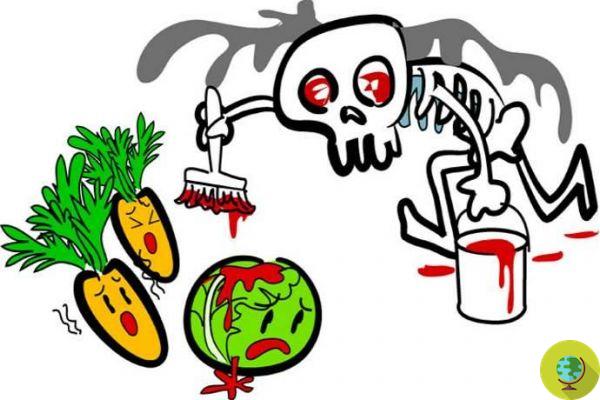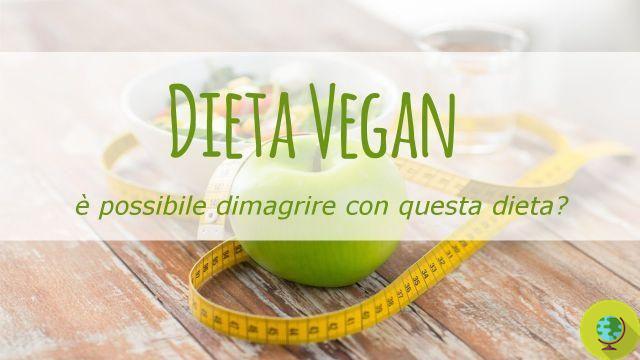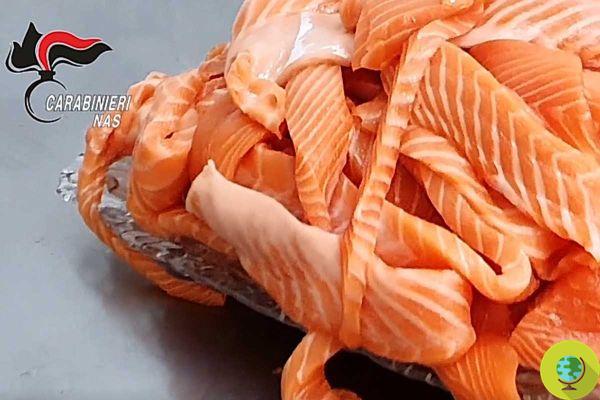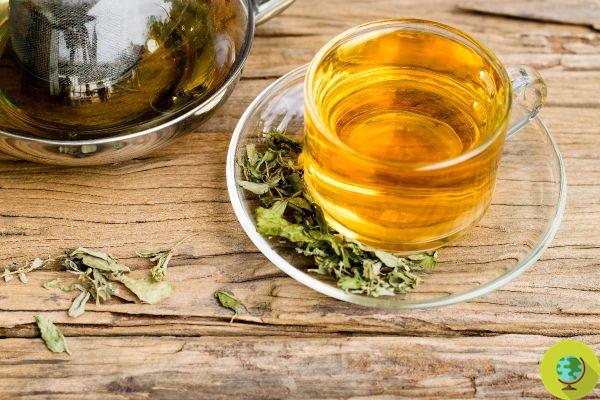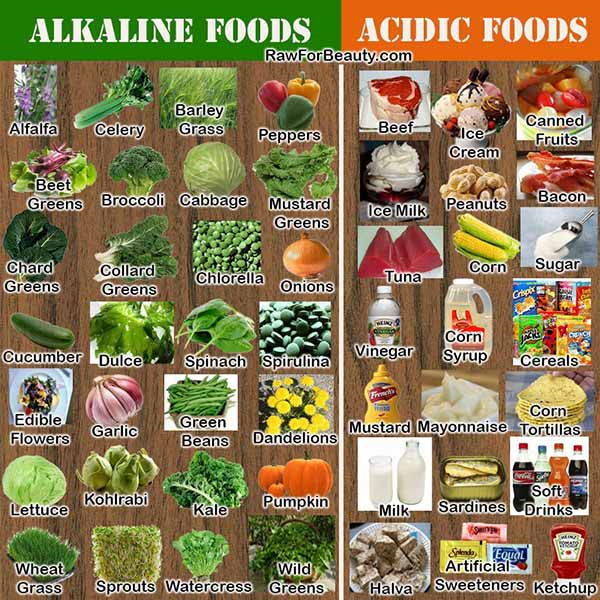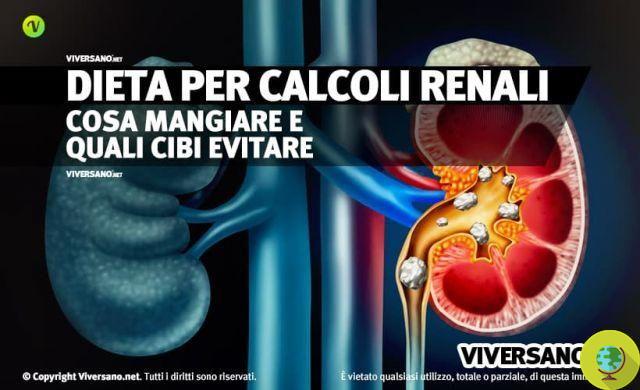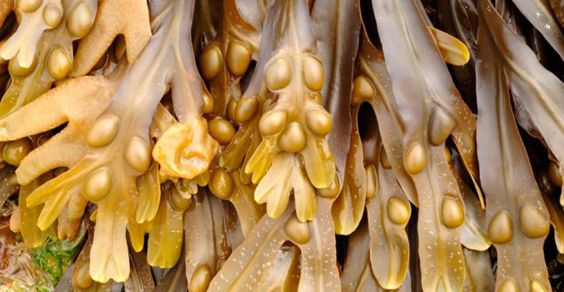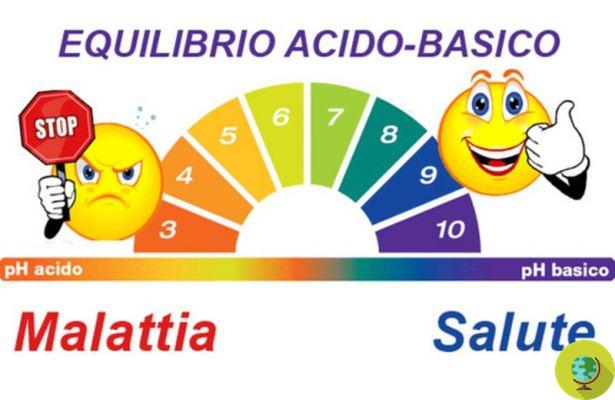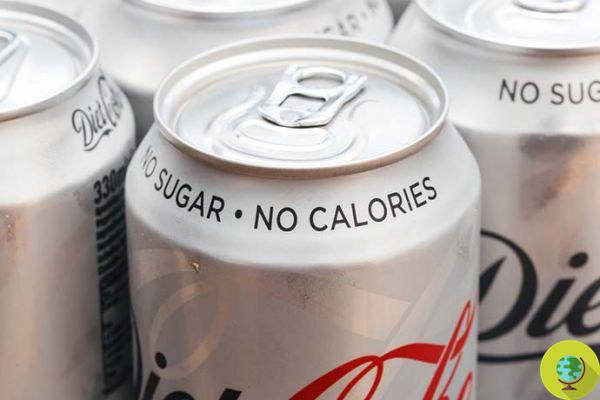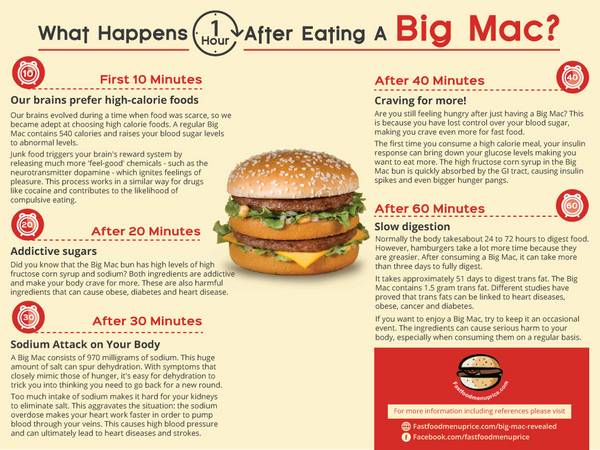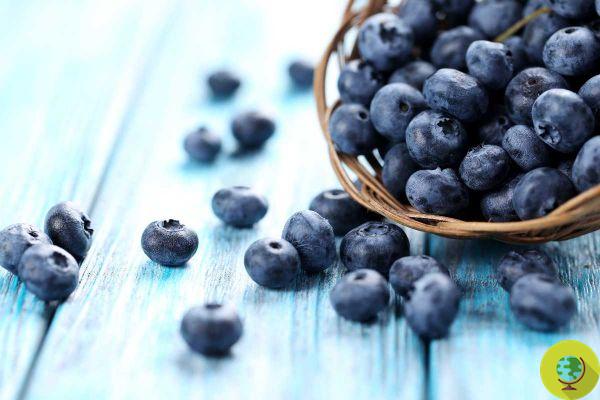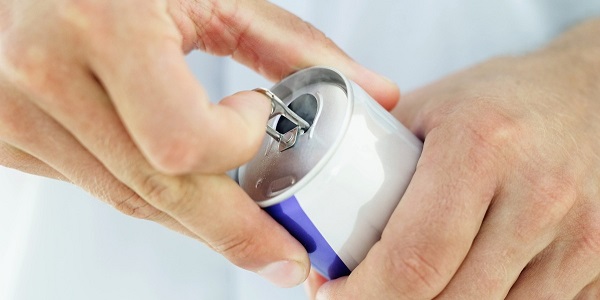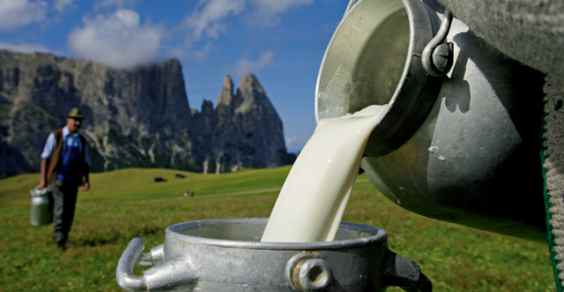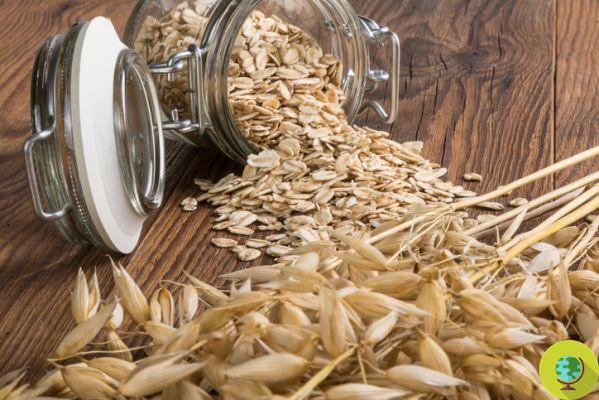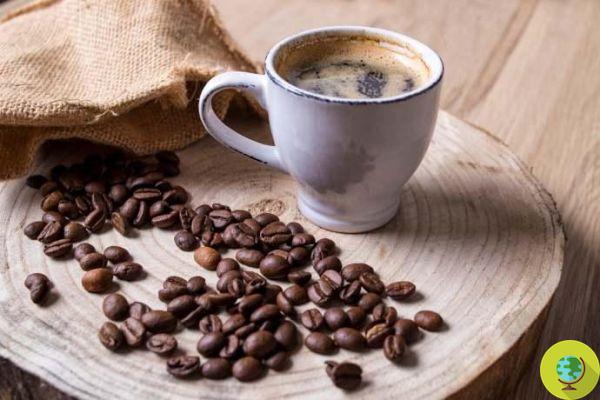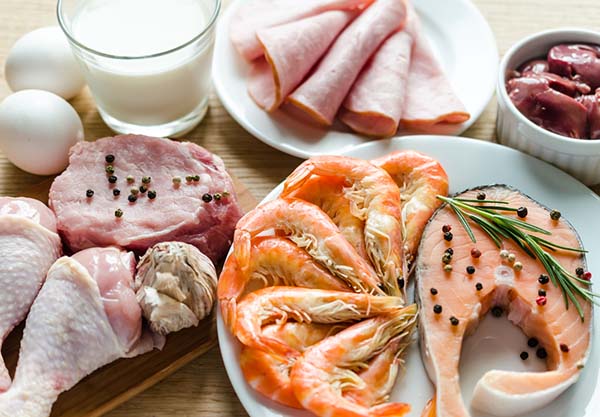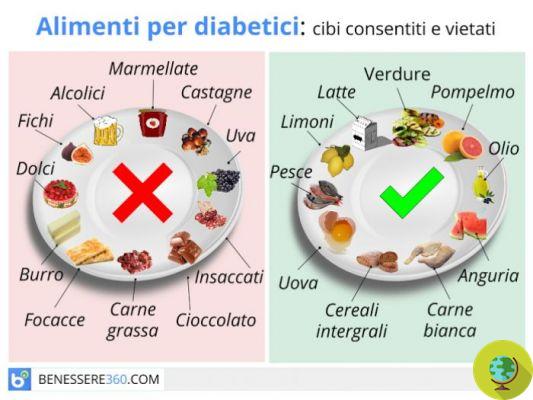
According to a study, most of the polyphenols consumed daily come from coffee and not from fruits and vegetables (as they should be preferred).
Don't store avocado like this: it's dangerousIndex
According to a study, most of the polyphenols consumed daily comes from coffee and not from fruits and vegetables (as it should be preferred)
They have properties antioxidants e inflammatory and they would also be able to keep cholesterol levels under control: gods polyphenols and their benefits are often talked about, a little less than the sources from which to buy them. So much so that a study has identified a real contradiction: in the diet of many people, most of the polyphenols consumed daily comes from coffee or tea and not from plant sources (as it should be preferred).
A new report published in the November issue of the Journal of the Academy of Nutrition and Dietetics actually examined the sources of food polyphenols for American adults, for a period of ten years and it was found that an average adult consumes about 884,1 mg of polyphenols for every 1.000 calories.
That sounds like a reasonable amount, but it's where those compounds come from that could be a problem.
The term polyphenol refers to a whole class of compounds found in plants. In previous research, they have been linked to antioxidant, antiviral, and anti-inflammatory benefits. A 2013 study also suggested that high dietary polyphenol intake was linked to increased longevity.
A systematic review
The researchers found that 39,6% of the polyphenol intake came from coffee, while beans accounted for 9,8%. Tea accounted for 7,6%.
As mentioned above, polyphenols are a group of compounds (the most common polyphenols in nature are the flavonoids, the tannins, lignin, the anthraquinonia and melanin) which originate in plants, which means that it is from those portions of fruit and vegetables that we eat every day that we need to get the polyphenols.
But there is a but: "The results of this study suggest that polyphenol intake is consistent with the low intake of fruits, vegetables and whole grains in the US population - the report states - and provides further evidence of the need. of an increased consumption of these food groups ".
Yes, polyphenols are taken, but from the wrong sources
The survey refers to the standard American diet, which often equates to few vegetables, few grains and excess protein, plus an incredibly high amount of added sugar. But even if our Mediterranean diet places more emphasis on the consumption of vegetables, lean proteins, healthy fats and whole grains, to run into the same defect of the Americans is a risk that we also run, given the quantities of coffee we consume.
What are the other sources of polyphenols?
In short, instead of relying on our favorite morning drink to take polyphenols, it is much better to enrich our diet with other foods rich in this nutrient.
In 2010, a study was published that identified the 100 best food sources of polyphenols. Here is a list of some of these foods:
- Cloves: 15.188 mg per 100 g
- Dried peppermint: 11.960 mg per 100 g
- Flaxseed flour: 1.528 mg per 100 g
- Black elderberry: 1.359 mg per 100 g
- More: 260 mg per 100 g
- Strawberries: 235 mg per 100 g
- Red raspberries: 215 mg per 100 g
- Black currant: 758 mg per 100 g
- Plums: 377 mg per 100 g
- Sweet cherries: 274 mg per 100 g
- Hazelnuts: 495 mg per 100 g
- Noci pecan: 493 mg per 100 g
- Artichokes: 260 mg per 100 g
- Red onions: 168 mg per 100 g
Then there you have it: load up as much spices, berries and nuts as you can! As for your inevitable cup of coffee, consider it just an extra dose of polyphenols.
Fonte: Journal of the Academy of Nutrition and Dietetics
Read also:




